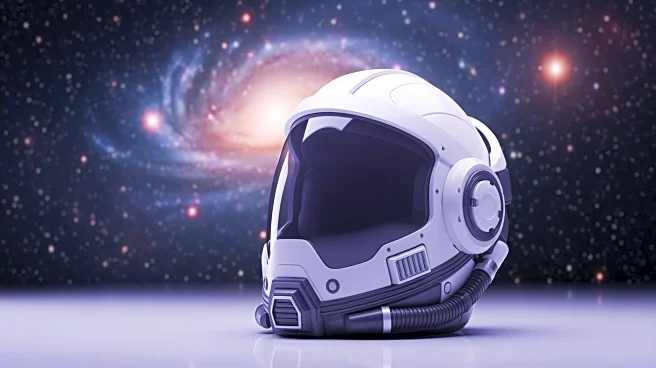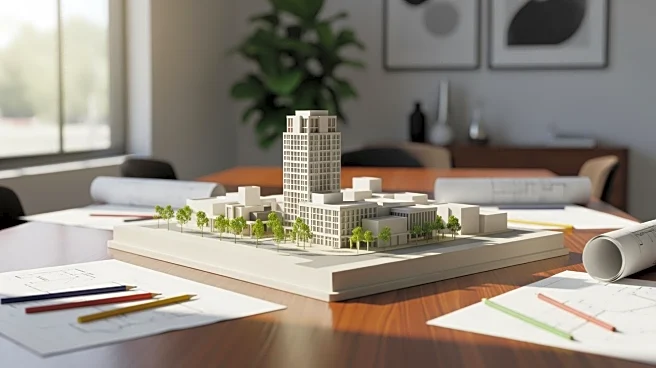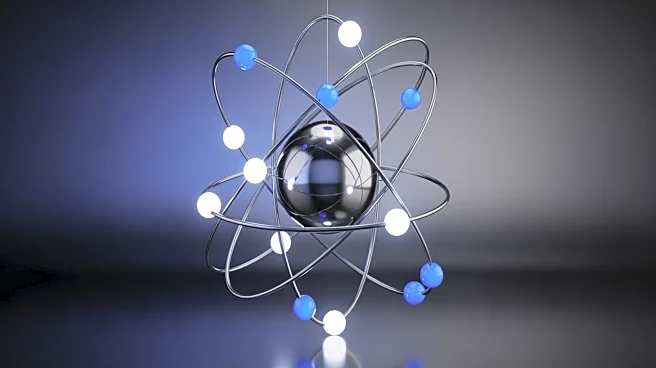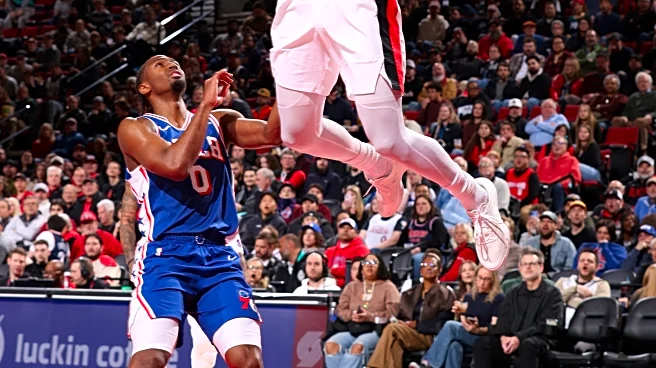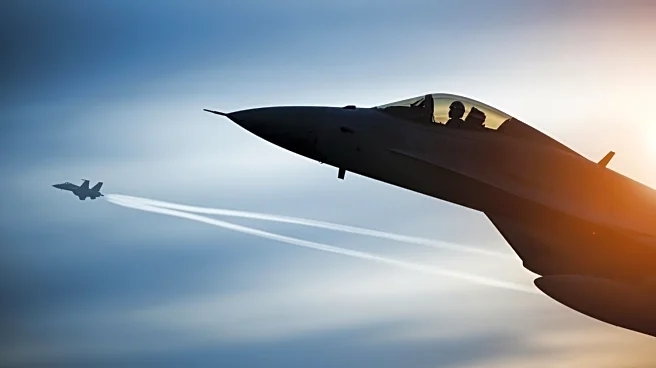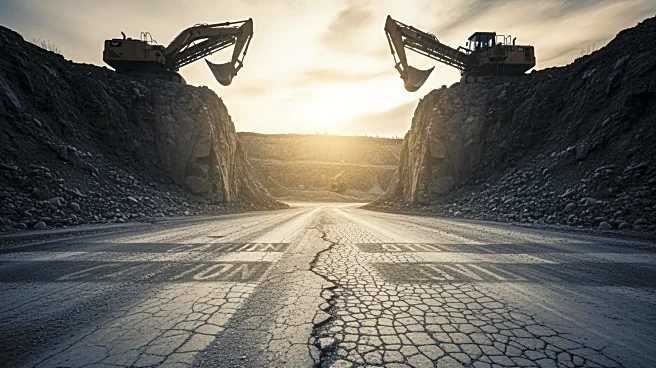What's Happening?
NASA astronaut Col. Mike Fincke participated in a live question-and-answer session with students from Pinecrest Academy on September 30, while aboard the International Space Station. The event was part of the Amateur Radio on the International Space Station program,
aimed at promoting science and engineering education by connecting students directly with astronauts. During the session, students asked Fincke various questions about life in space, including how astronauts sleep, eat, and communicate with family. Fincke shared insights into the realities of living in orbit, such as sleeping in a standing position due to the lack of gravity and enjoying tortillas as a favorite space food. He also discussed the potential timeline for a manned mission to Mars, suggesting that 2035 could be a reasonable target, though it would require significant scientific and engineering efforts.
Why It's Important?
The interaction between Col. Mike Fincke and the students highlights the importance of educational outreach programs in inspiring future generations to pursue careers in science, technology, engineering, and mathematics (STEM). By providing firsthand insights into the life of an astronaut, such programs can spark curiosity and motivate students to consider careers in space exploration and related fields. The session also underscores the role of astronauts as ambassadors for space science, helping to demystify the complexities of space travel and encourage public interest in NASA's missions. As the U.S. continues to invest in space exploration, engaging young minds is crucial for sustaining innovation and leadership in the global space industry.
What's Next?
The session may inspire students to pursue further education and careers in STEM fields, potentially contributing to future space missions. NASA's continued efforts to engage with educational institutions could lead to more programs that connect students with astronauts and scientists, fostering a new generation of space enthusiasts and professionals. As discussions about a manned mission to Mars continue, educational outreach will play a vital role in preparing the workforce needed to achieve such ambitious goals.
Beyond the Headlines
The event also highlights the cultural and educational impact of space exploration, emphasizing the importance of international collaboration and the shared human experience of exploring the universe. By connecting students with astronauts, NASA promotes a sense of global unity and cooperation, encouraging young people to think beyond national boundaries and consider the broader implications of space exploration for humanity.
